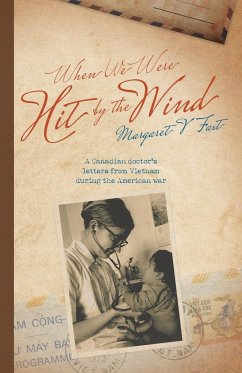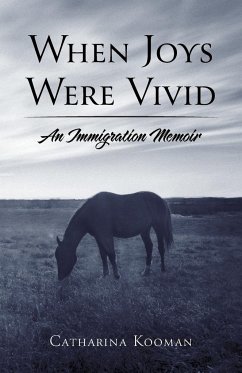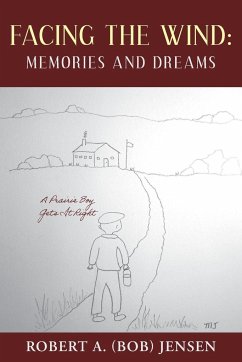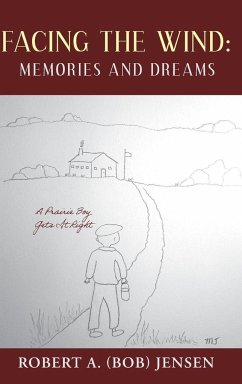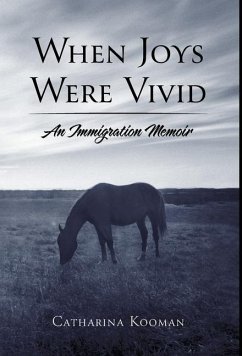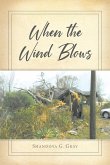VIETNAM. In the western world, the name itself conjures up specific images and feelings: oppressive jungle heat; young, battle-weary soldiers far from home; political upheaval at home and abroad ... We feel the fear and sadness and anger that always accompany thoughts of war. But Vietnam is so much more than that. One of the oldest cultures in Southeast Asia, with a wide variety of ethnicities, languages, and traditions, the real Vietnam and its people have been largely overlooked or misrepresented in mainstream media. A young Canadian doctor, volunteering in a Mennonite Central Committee hospital in Pleiku and at a Project Concern hospital in the remote village of DaMpao, in the early 1970s, got to know the country and its people very well. When We Were Hit by the Wind is a collection of her memories and experiences, shared largely via personal letters written to her family back in Canada. Follow her journey of discovery, empathy, responsibility, war, and love, as it changes not only her perspective of the country forever but her life as well.
Hinweis: Dieser Artikel kann nur an eine deutsche Lieferadresse ausgeliefert werden.
Hinweis: Dieser Artikel kann nur an eine deutsche Lieferadresse ausgeliefert werden.


